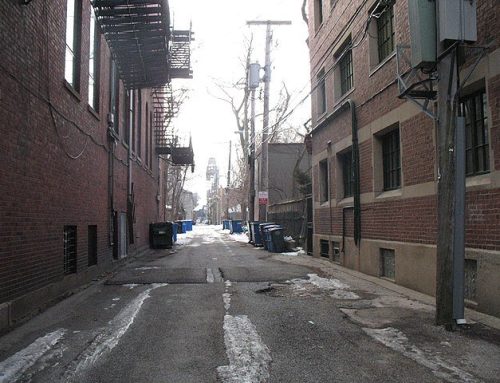By Monona Wali
Spinner gave me a funny look. […] “The yogurt business is not for sissies
Jonathon, but if you treat it well it will treat you well in turn.”
— Jim Krusoe, Girl Factory, Tin House Press, 2008
♦
Jim Krusoe’s novels are not for sissies either. To borrow a Lemony Snicket warning, if you prefer books with happy endings, if hope is your mantra, if you demand redemption at the end of a novel, then don’t read Jim Krusoe.
 Of course the reason children do read about the horrible things that happen to the Baudelaire children in Snicket’s wildly best-selling A Series Of Unfortunate Events is because those things happen to others, and they know that they, as readers, are safe from all the horror that life in Snicket’s world can inflict on its unwilling victims. In Krusoe’s novels there is no easy out.
Of course the reason children do read about the horrible things that happen to the Baudelaire children in Snicket’s wildly best-selling A Series Of Unfortunate Events is because those things happen to others, and they know that they, as readers, are safe from all the horror that life in Snicket’s world can inflict on its unwilling victims. In Krusoe’s novels there is no easy out.
Jim Krusoe is tall and lanky with pale skin that gives no evidence of the fact that he has lived in California sunshine for most of his adult life. In homage to one of his most striking features, my daughter once said: “that dude has serious eyebrows.” I have been a student, a friend, and a fan for many years now. A few years ago I dubbed him Guru Jim. And he is that not only to me, but also to legions of students who attend his Advanced Fiction Workshop at Santa Monica College in Los Angeles where he has taught for over 25 years. Beyond the very astute discussions and honest feedback of the work and the high bar set for good sentences, the chief litmus test of any piece of writing, the most striking feature of the workshop is the generosity with which work is treated — the recognition of fiction writing as an endlessly puzzling enterprise, a place where writers are prodded to ask big questions and deliver, not answers, but honestly explored experience. As a teacher, Krusoe does not impose his own vision on anyone else’s work. Indeed, that might be impossible given that his fictional world, like the best art, seems born of a mind from a different planet. A planet, Krusoe might joke, that looks just like Cleveland, Ohio.
Continue reading at lareviewofbooks.org…
Monona Wali is a published short story writer and novelist. She teaches at Santa Monica College in Los Angeles. This essay originally appeared in Los Angeles Review of Books.






